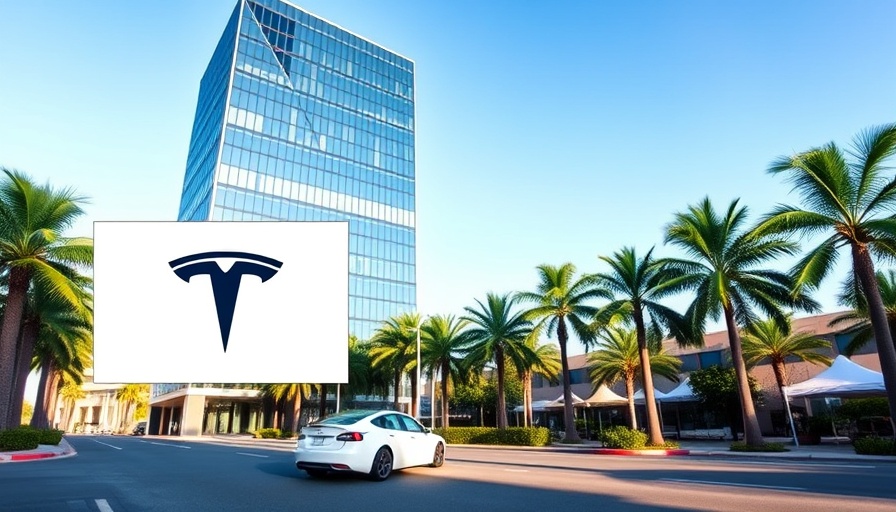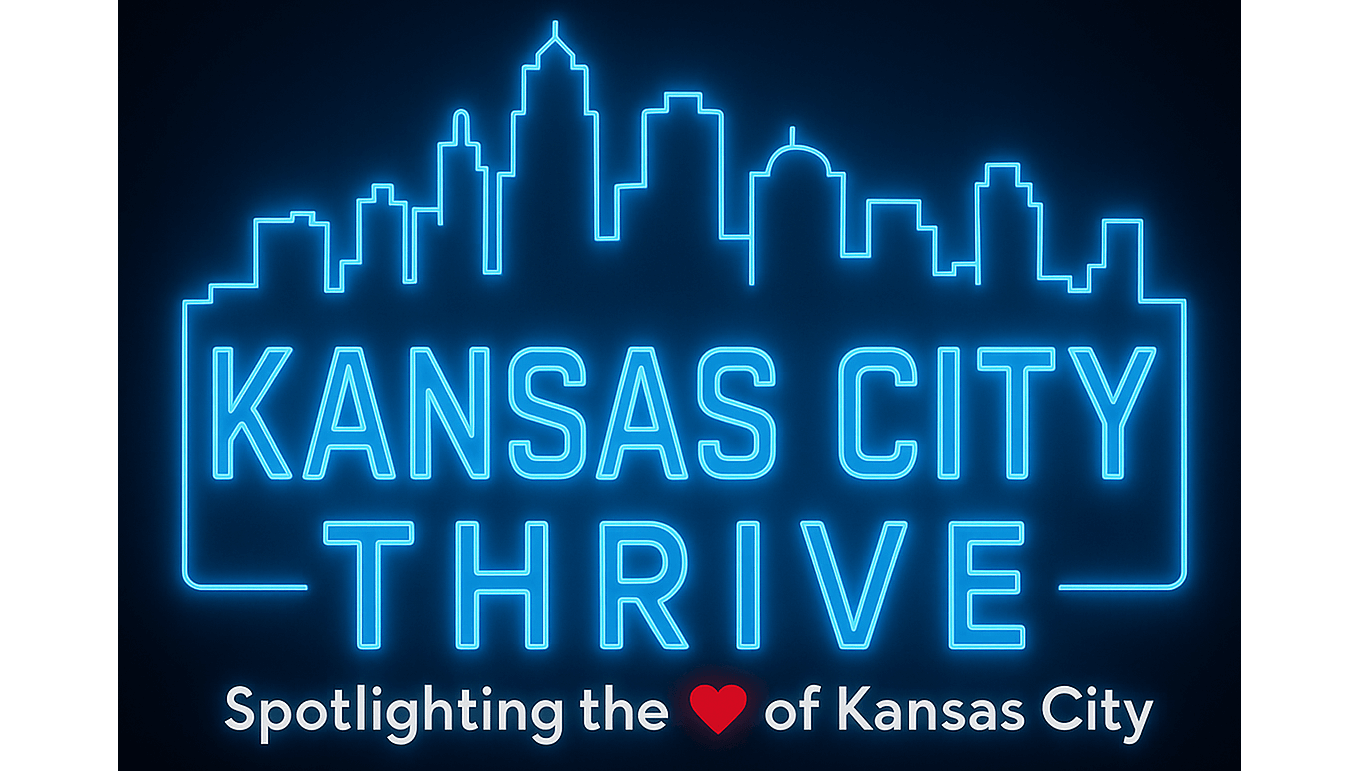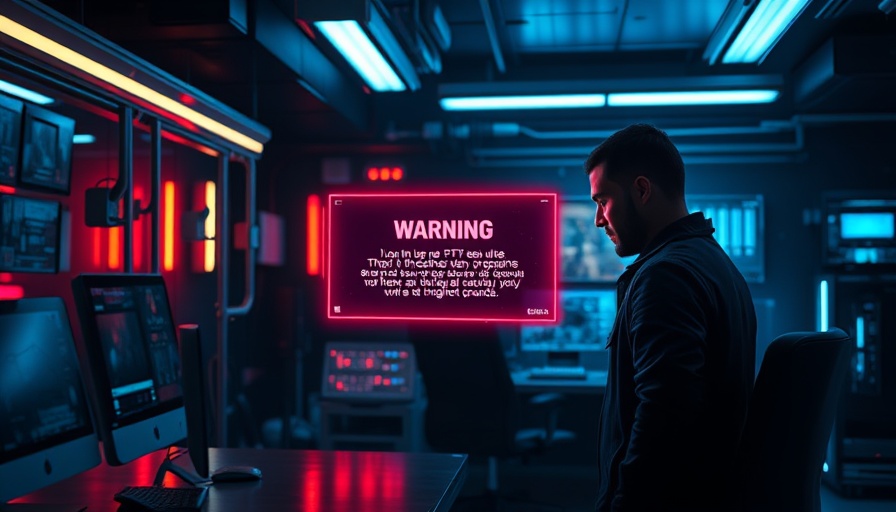
Tesla Challenges $243 Million Verdict in Deadly Crash Case
Tesla is in the hot seat after a federal court ruling that found it partly responsible for a tragic accident involving a Tesla vehicle with Autopilot features. The company has filed a motion to overturn a staggering $243 million damages award given to the family of Naibel Benavides, a 22-year-old student who tragically lost her life after being struck by a Tesla driven by a distracted driver. This case has significant implications not just for Tesla, but for the entire automotive industry as it navigates the uncharted waters of self-driving technology.
Unpacking the Court's Decision
The jury's decision to hold Tesla liable was based on findings that the car’s technology malfunctioned during the fatal incident. While the driver admitted fault for being distracted by his cellphone, the jury deemed that Tesla still bore significant responsibility due to the failure of its Autopilot system. This verdict raises essential questions about the accountability of automakers in cases involving vehicle technology, especially as the industry shifts towards autonomous driving solutions.
Elon Musk's Influence on the Trial
In a move that electrified the courtroom, Tesla's filing claimed that the plaintiff attorneys had improperly influenced the jury by introducing highly prejudicial evidence. They argued that references to CEO Elon Musk himself led jurors to an emotional response rather than a logical evaluation of the case. This highlights a growing concern over how the personal image of tech executives can sway legal proceedings.
Industry Implications: Chilling Innovation or Ensuring Safety?
The outcome of this case has become a pivotal moment for Tesla and the automotive sector as a whole. Tesla's legal team stated that upholding the verdict could invite comparable liability in future cases, even when drivers exhibit reckless behavior. “If the verdict stands, it will chill innovation, harm road safety and invite future juries to punish manufacturers who bring new safety features to market,” their filing emphasized. This raises a vital question: Should the responsibility lie solely on the tech companies, or should drivers be held accountable for their actions?
Comparative Analysis with Other Companies
Tesla's plight is not an isolated incident. Other automakers are also grappling with the legal ramifications of advanced driver-assistance systems (ADAS). For instance, various lawsuits against automakers such as General Motors and Ford pose similar challenges related to driver distraction and system failures. Like Tesla, these companies face pressures as they innovate and expand their autonomous capabilities.
The Future of Self-Driving Technology: Trust or Risk?
As we look towards the future, Tesla's case highlights the tenuous balance between innovation and safety. CEO Elon Musk’s vision for autonomous vehicles aims to revolutionize transportation. However, this ambition is counteracted by public fear surrounding the reliability of such technologies. The verdict may influence public opinion on self-driving cars and challenge the narrative that these vehicles are ready for widespread use. This could slow down Tesla's plans for deploying their driverless robotaxis, a critical aspect of Musk's ambitious roadmap.
Community Perspectives: What Locals in Kansas City Think
Residents in Kansas City, where technological advancements often intersect with day-to-day life, have mixed feelings about the advancements in vehicle technology. Many are intrigued by the possibilities of reduced accidents with autonomous driving, while others have concerns about the reliability and safety of such technology. Discussions about public safety and corporate accountability will likely shape local discourse as people continue to watch Tesla's unfolding legal battles.
Your Voice Matters!
This case isn’t just about legal responsibilities; it’s about how technology shapes our lives. Have thoughts or experiences related to self-driving technology or the case against Tesla? Your story could contribute to a broader understanding. Feel free to reach out to us at team@kansascitythrive.com and connect with the Kansas City community!
 Add Row
Add Row  Add
Add 




Write A Comment